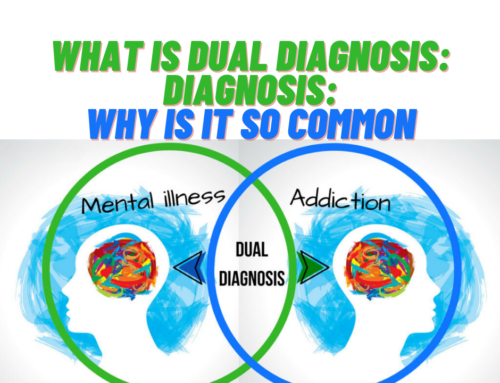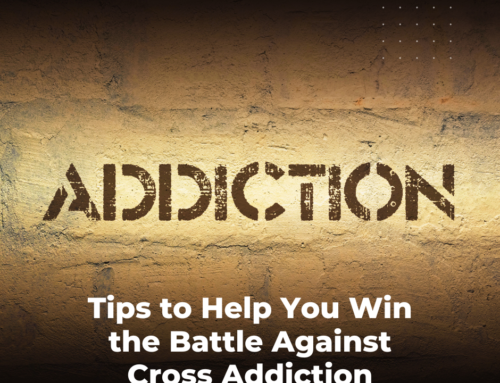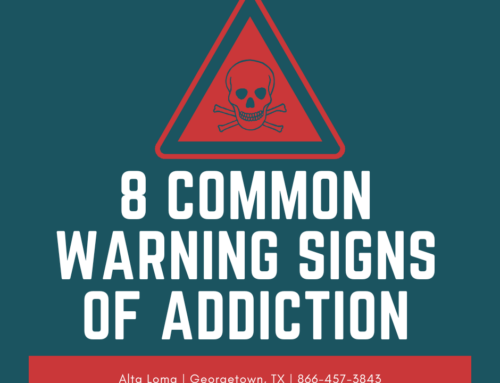A dual diagnosis is given when a person has a mental health disorder and a substance use disorder at the same time. According to the U.S. National Library of Medicine, about half of those who have a mental health disorder will also have a substance use disorder at some time in their lives.
Having both conditions can worsen symptoms of each disorder. Treating a dual diagnosis often requires therapeutic modalities that target emotions, triggers, and behaviors that lead to substance abuse. Treating a substance use disorder without treating the mental illness that feeds the substance abuse will not be as effective as treating both.
Dual diagnoses are so common because substance abuse is fueled by an inability to cope with the symptoms of crippling mental illness. Coping with the symptoms of mental illness by using substances is known as self-medicating. Rather than relieving symptoms, self-medicating often worsens symptoms of mental illness.
3 Ways Self-Medicating Worsens Mental Health Disorders
While using substances may provide temporary relief from the pain or discomfort of mental and emotional distress, the long-term health effects can cause severe damage. Substance abuse can worsen symptoms in many ways, including:
#1. Alcohol Mimics and Worsens Symptoms of Depression
Using depressants (such as alcohol or benzodiazepines) does not necessarily make a person feel depressed. However, it does mimic the symptoms of depression by causing reduced arousal and stimulation by slowing messages in the brain.
While it’s hard to be sure if alcohol abuse causes depression or depression causes alcohol abuse, it’s undeniable that alcohol abuse heightens the risk of suicide and lowers the odds of successful treatment for depression.
#2. Drugs Have Long-Term Mental Health Consequences
Marijuana can cause psychiatric symptom onset in those with a history of mental illness, and heroin, cocaine, prescription drugs, and tobacco change the brain to make everyday pleasures less pleasurable. When someone abuses drugs, poor health, psychological distress, depression, and suicidal ideation are all but guaranteed.
#3. Dependence on Drugs or Alcohol Can Make You Abandon the Things and People You Love
Dependence on a substance will not only make you likely to abandon social relationships and neglect family obligations, but the self-imposed isolation of addiction will fuel the cycle of substance abuse. Those suffering from substance abuse may isolate themselves from their loved ones, feel lonely, then engage in substance abuse to alleviate the loneliness. This is a dangerous cycle that often can’t be stopped by willpower alone.
Dual diagnoses for those who have a mental health disorder and a substance use disorder can lead to life-threatening outcomes. Luckily, treatment is available. At Alta Loma, we believe that addiction is a direct result of untreated mental illness, so treating both is a priority in changing lives and starting clients on the path to recovery. With our Intensive Outpatient Program and our Partial Hospitalization Program, we can create a treatment that works for your unique needs. To discuss what treatment would be suitable for you, call Alta Loma at (866) 457-3843.



